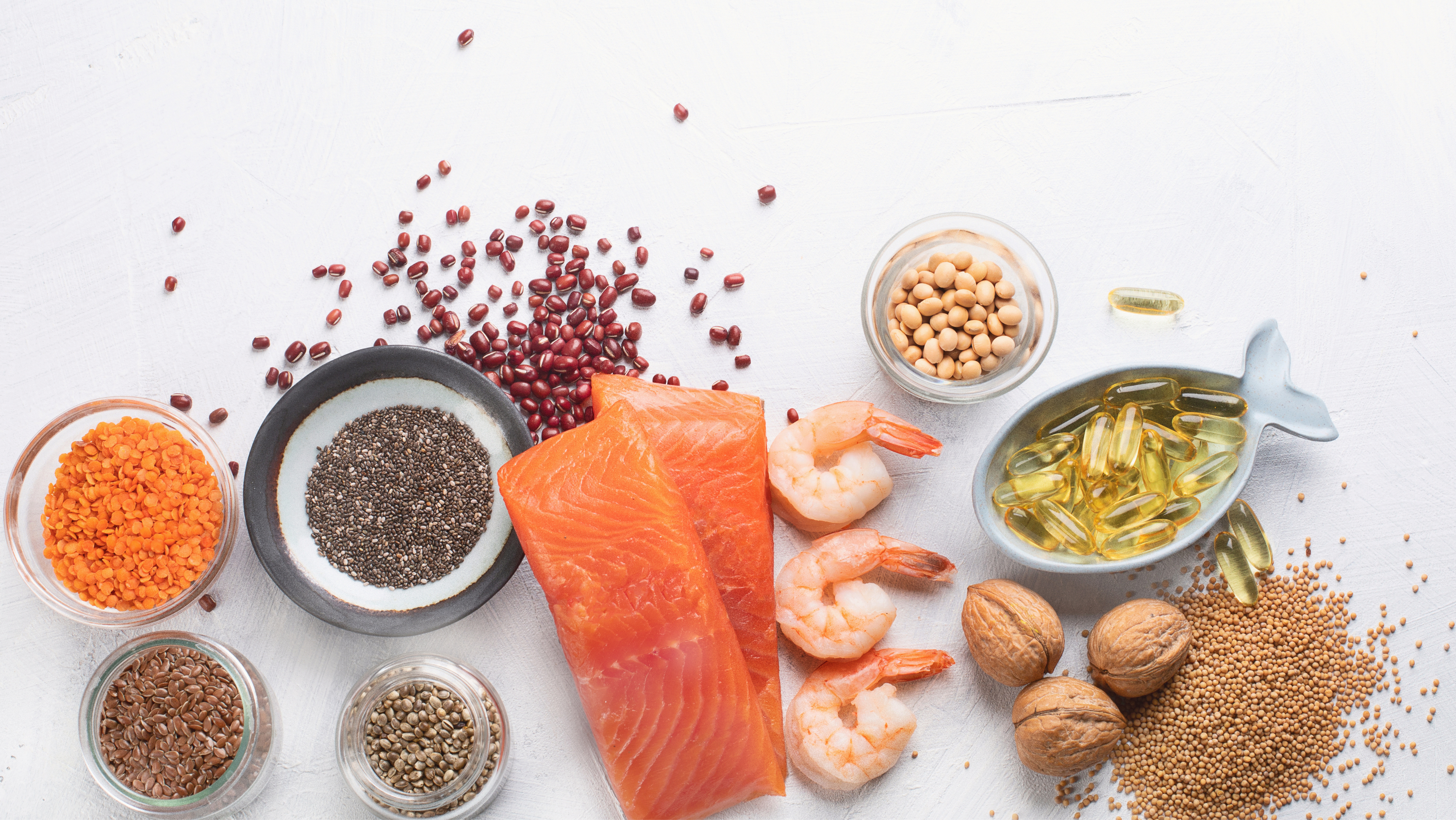The interconnectedness of food and hormones
Believe it or not—what you eat has the power to change your hormone levels. Food can affect the production and secretion of hormones by direct actions on the gut, by nervous reflexes, through changes in the concentration of various metabolites in the blood, or secondary to changes in circulating gut hormone levels. When you eat, the food in the intestines promotes the release of active hormones in the cells of the gut wall. Food timing (like intermittent fasting) and the different types of food you eat, all can have a different influence on your hormones.
And there are certainly a lot of hormones that can be affected! Scientists have discovered 50 different hormones in the human body that control everything from metabolism to sleep to mood.
Phytoestrogens…what do they do?
Phytoestrogens are compounds, derived from plants, that act similarly to our body’s own estrogen and bind to the same receptors. They are present in a number of the foods we eat, from fruits such as apples and grapes, to vegetables like cabbage and spinach to grains…even wine and tea. These plant substances have been studied for their potential to alleviate menopausal symptoms, however no benefit has been found.
Beneficial foods
While a well-balanced diet is the most crucial to hormonal balance, there are certain foods that can have a positive influence on hormonal flux. Foods rich in polyphenols, like pomegranate, dark chocolate and green coffee, can inhibit cortisol activity, helping to lower stress, improve mood and reduce blood pressure.
Make sure that you are getting adequate protein. Foods that are high in protein are also important for hormonal health. Protein is essential to produce peptide hormones, which are needed to help regulate stress, energy, appetite and growth.
We all have heard of the many benefits of omega-3s, and they can even positively effect hormonal health. Omega-3 fatty acids, in foods such as walnuts and fatty fish, may also help to lower cortisol during times of burnout or chronic stress.
Foods to avoid
Red meat, high in saturated and hydrogenated fats, increases the production of estrogen levels in your body. Usually containing high amounts of sodium and sugar, processed foods affect hormone function by increasing inflammation and stress to the adrenal glands, which could potentially cause a severe hormonal imbalance.
Even though we love coffee, excess caffeine can stimulate the release of cortisol levels, also known as the stress hormones, that bring the body to a high alert state. Dairy products, while rich in calcium, can affect hormone balance at a high intake.
And finally—stick to buying organic when you can. Non-organic produce can contain pesticides such as glyphosate, which act as hormone disruptors.



